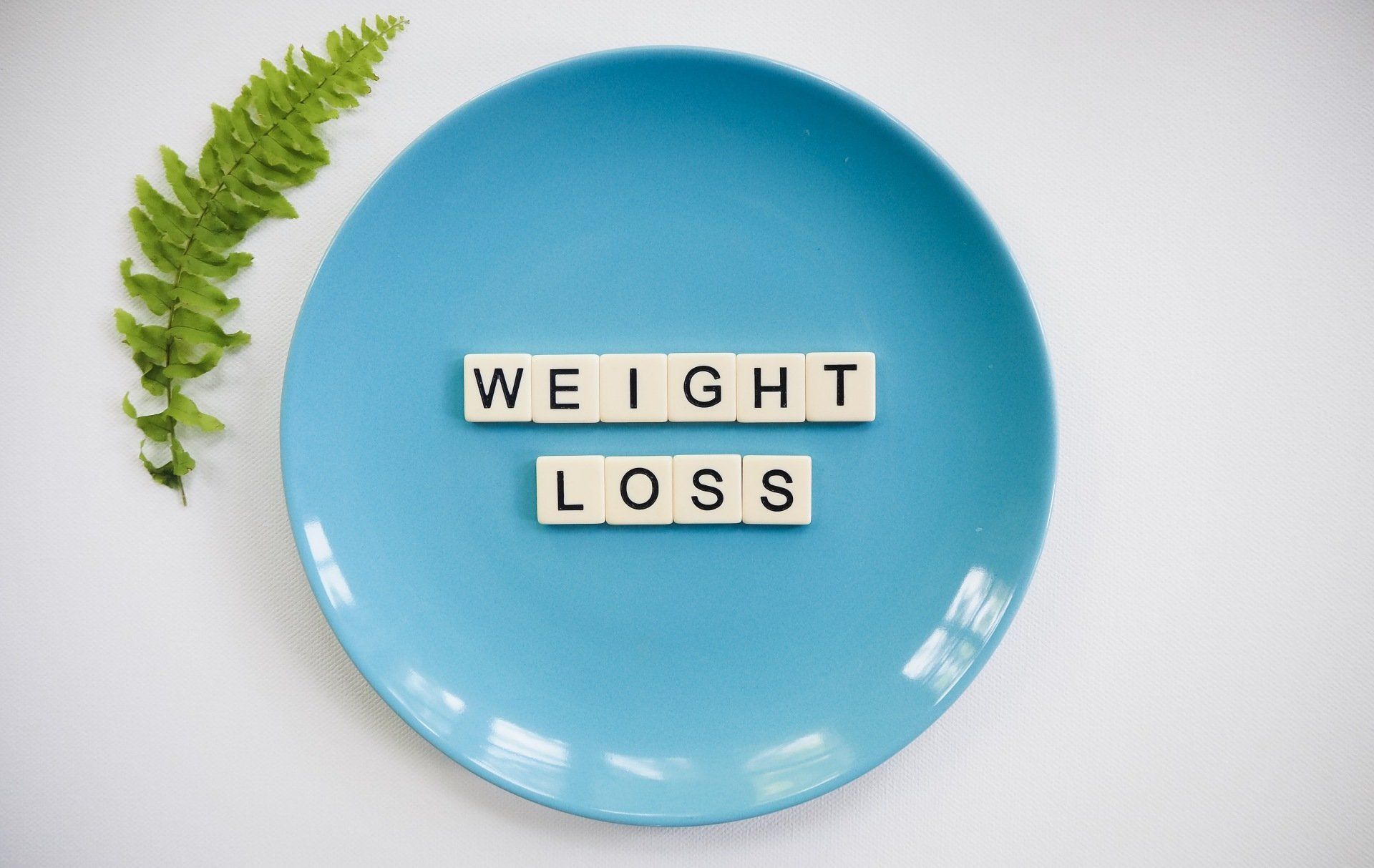Raspberry ketones and cancer- Does it have a role in a ketogenic diet?
Do Raspberry ketones have a role in the ketogenic diet?
People frequently ask me about raspberry ketones, also known by its scientific name, p-hydroxyphenyl-2-butanone or botanical name, Rubus Idaeus, and whether this supplement can increase the effectiveness of a ketogenic diet.
Following the popular endorsement of TV physician celebrity Dr. Mehmet Oz, this supplement became widely sought after for purposes of achieving quick weight loss and was immediately barely available in drugstores.
What are ketones? Ketones are basically composed of a carbonyl group which is simply a carbon atom connected to oxygen via a double bond, which in turn is connected to two other carbon atoms, typically two methyl (CH3) groups.
Raspberry ketones are extracted from the fruit. The structure of raspberry ketones is similar to capsaicin, an ingredient found in chili peppers, which is also known to exert anti-obesity properties. Raspberry ketones per se occur naturally but are scarce and to extract this from raspberries is expensive. It is widely used as an industrial flavoring in many fruit drinks, puddings and ice cream, and the naturally occurring ketone can be synthetically mass produced in the laboratory. One technique is by growing fungal culture cells in the laboratory and using these cultures to produce enough quantities for public consumption. During food deprivation or fasting, the body goes into a slow metabolic (hypometabolism) mode. Rubus Idaeus and capsaicin can prevent this from happening. Aside from slowing down fat metabolism, they also prevent more fat cells from developing by increasing fatty acid oxidation and breakdown.
Despite this fascinating bit of news, scientific data regarding raspberry ketones' anti obesity properties were mostly obtained from studies performed in rodent models and in petri dish cultures of rat cell lines. No reliable human studies, as far as I am aware of, were previously done.
In the lab, rats were fed a high fat diethttp://www.ncbi.nlm.nih.gov/pubmed/15862604 and fed different amounts of raspberry ketones. Increasing amounts led to more breakdown of fat, prevented obesity and prevented the risk of developing a fatty liver.
Scientists also grew rodent fat cells in a petri dish in a lab and added raspberry ketones to the cultures. http://www.ncbi.nlm.nih.gov/pubmed/20425690 The scientists found that this resulted in production of the hormone adiponectin which in turn increased the breakdown of fats within these cells.
As far as the ketogenic diet is concerned, the ketone from the raspberry and the ketones produced from the liver during starvation are not the same.
The red raspberry fruits (and shoots) contain Ellagic acid, an antioxidant which can decrease inflammation and protect one from developing fatty liver damage. Aside from this, data on the potential benefit of red raspberry ketones on cancer is virtually unknown.
On the other hand, beta-hydroxybutyrate BHB, the first ketone produced by the liver during fasting, provides energy to the brain and body when glucose is absent or unusable. BHB ketones can also decrease free radical damage and directly slow down tumor growth.
When following a ketogenic diet, it is not only the ketosis that we are after. We also want to decrease serum glucose. Consuming raspberry ketones alone will not affect glucose levels. By lowering glucose we expect to deliver less nutrition to the tumor. Indirectly it also shuts down tumor signaling, leading to less tumor invasion. Cancer cells also tend to be immortalized and by using a ketogenic diet we expect to maintain the programmed cell death of cancer cells.
Bottomline, if you want to use raspberry ketones as a nutritional supplement, note that the Food and Drug Administration FDA has no official backing for this, and as far as anticancer properties, I would not hold my breath. It is probably just as good as taking a supplement with antioxidant properties such as Vitamin C. To get into a therapeutic state of ketosis you still need a monitored diet that restricts glucose and carbohydrates, which subsequently leads the body to produce ketones (BHB) of its own. As far as fat cell breakdown and weight loss, indeed there is positive evidence of this in studies of animals and animal cell cultures, but this does not necessarily translate into human success. At least, not yet.






